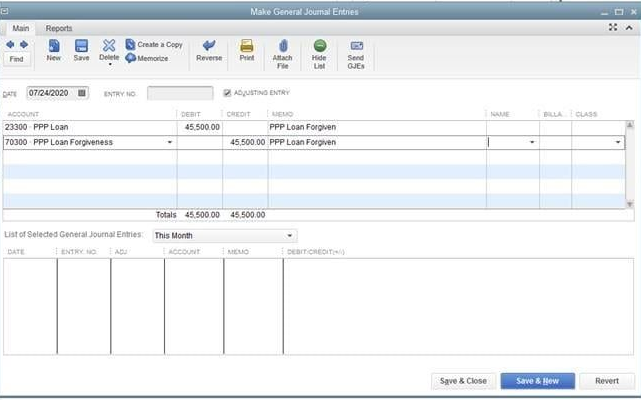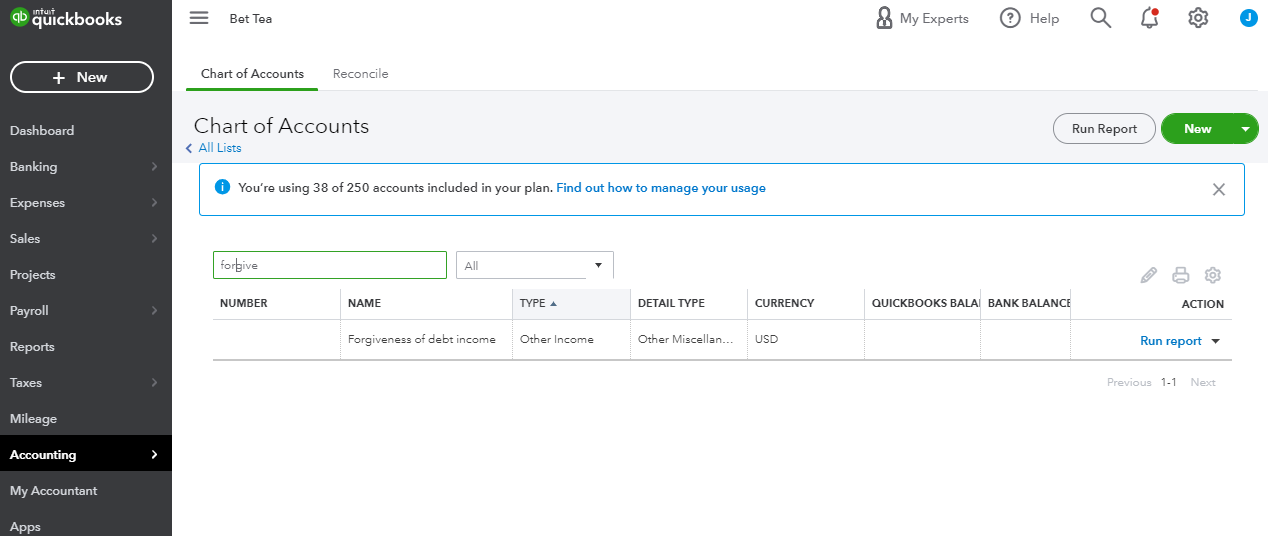How to Get an Unsecured Loan? Learn the Qualifications

Anúncios
Unsecured loans are a popular option for people who need to borrow money without offering collateral.
Unlike secured loans, which require assets like a house or a car as collateral, unsecured loans rely solely on your creditworthiness and financial profile.
Anúncios
Although they can be a good choice for many, they are not suitable for everyone, so analyze carefully.
If you plan to obtain an unsecured loan, continue reading this article to better understand the qualifications required.
Anúncios
Is an unsecured loan a good option?
Unsecured loans offer several advantages but also have some potential downsides. Since they do not require collateral, these loans pose less risk to borrowers, and you won’t lose your assets if you can’t make payments.
However, this increases the risk for lenders, who typically compensate by charging higher interest rates.
Loan amounts may also be smaller compared to secured loans. Unsecured loans are ideal for individuals with a strong credit history and reliable income but who do not want to risk their valuable assets.
They are also commonly used to consolidate high-interest debts, make home improvements, or cover emergency expenses.
The key is to assess your financial health to determine if an unsecured loan is the right option for you.
Who is it recommended for?
Unsecured loans are best suited for individuals with good to excellent credit, stable income, and the ability to repay the loan.
Since these loans don’t require collateral, lenders place more emphasis on your financial history and ability to make consistent payments.
Borrowers who seek flexibility, do not own high-value assets, or prefer not to risk their property will benefit most from an unsecured loan.
People with lower credit scores can qualify for unsecured loans but should expect higher interest rates or less favorable terms.
In such cases, improving your credit score before applying may be a better financial decision.
Individuals with excessive debt or a history of missed payments may find it more challenging to get approval or receive loan offers.
What are the necessary qualifications for an unsecured loan?
Approval for an unsecured loan depends on several key qualifications during the analysis process.
Lenders will evaluate your credit score, income, debt, and overall financial stability to determine your eligibility and the terms they can offer.
Credit report
Your credit score is the most critical factor when applying for an unsecured loan. Lenders use it to assess your reliability in making payments.
Typically, a credit score of 670 or higher is ideal for qualifying for the best interest rates on unsecured loans.
A higher score indicates a responsible borrowing history, while lower scores suggest potential risk, which may lead to higher rates or loan denial.
Before applying, check your credit report for errors and aim to improve your score by paying off existing debt and making timely payments.
Many lenders offer pre-qualification services, allowing you to see potential loan offers without affecting your credit score.
Income
Your income is another essential criterion for securing an unsecured loan. Lenders want to ensure you have the financial means to repay the loan.
While there’s no universal minimum income requirement, most lenders expect you to have a stable job or a consistent source of income.
If you have a higher income, you are more likely to qualify for larger loan amounts and better interest rates.
It’s a good idea to gather income proof, such as pay stubs, tax returns, or bank statements, before applying.
This will demonstrate to lenders that you can comfortably manage monthly loan payments alongside your other financial obligations.
Assets
With unsecured loans, lenders may still consider your assets when assessing your financial stability.
Assets like savings accounts, investments, or retirement funds can provide additional assurance that you have financial reserves in case of difficulty making payments.
While having substantial assets is not a requirement for unsecured loans, it can strengthen your application and potentially improve your chances of receiving a favorable offer.
Debt-to-income ratio
Your debt-to-income (DTI) ratio compares your monthly debt payments to your gross monthly income.
It’s a critical measure lenders use to evaluate whether you can handle more debt. A lower DTI ratio indicates that you have a manageable amount of debt compared to your income, making you a safer bet.
Most lenders prefer borrowers with a DTI of 36% or lower, although some may accept higher ratios depending on the borrower’s credit score and financial profile.
If your DTI is too high, focus on paying off existing debts before applying for an unsecured loan to improve your chances of approval.
How to apply?
Applying for an unsecured loan can be a straightforward process if you prepare ahead of time. Here’s a simple guide to follow:
- Check your credit report: Review your credit score and report for any discrepancies. Resolve any issues and improve your score if necessary.
- Determine your loan amount: Decide how much you need to borrow and ensure it’s a realistic amount based on your income and financial obligations.
- Compare lenders: Research several lenders to compare interest rates, fees, and loan terms. Online lenders, banks, and credit unions offer unsecured loans, and shopping around can help you find the best deal.
- Gather documentation: Prepare essential documents, such as proof of income, employment history, and identification, to expedite the application process.
- Submit your application: Fill out the application with your chosen lender, either online or in person. Make sure all information is complete.
- Wait for approval: After you submit your application, the lender will review your credit profile. Approval times vary by financial institution.
- Review loan terms: If approved, carefully review the loan terms before accepting. Pay close attention to the interest rate, payment schedule, and any associated fees.
- Receive your funds: Once you agree to the loan terms, the lender should disburse the funds to your bank account within a few days.
Unsecured Loan vs. Secured Loan: Which is the Better Option?
The choice between an unsecured loan and a secured loan depends on your financial situation and goals. Each option has its pros and cons:
Unsecured Loan
- Pros: No need for collateral, faster approval process, less risk for borrowers.
- Cons: Higher interest rates, smaller loan amounts, stricter qualifications.
Unsecured loans are ideal if you have a strong credit profile and prefer not to risk losing your assets.
Secured Loan
- Pros: Lower interest rates, larger loan amounts, easier qualification for those with lower credit scores.
- Cons: Requires collateral, risk of losing assets in case of default.
Secured loans are more suitable for individuals who have valuable assets and are looking for lower interest rates or larger loan amounts.
They provide more security to lenders, which often results in better loan terms for the borrower.
Unsecured loans can be a great option for individuals with good credit and stable income who need quick access to funds without risking their assets.
Qualifying for these loans requires meeting specific criteria, including a solid credit score, manageable debt, and sufficient income.
By understanding the qualifications and evaluating your financial situation, you can make an informed decision about whether an unsecured loan is right for you.
Before making a decision, it’s also important to compare unsecured loans with secured options to see which one best fits your needs.
Always research and consult multiple lenders to find the most competitive loan terms available.
Ready to learn more about personal finance? Explore our content to discover more information about loans and other tips!
If you’re looking for a suggestion, also read about the best cashback credit cards.





